New Faces, Rising Stars Join A&S in Spring 2024
Meet the new professors teaching in the College of Arts and Sciences this spring.
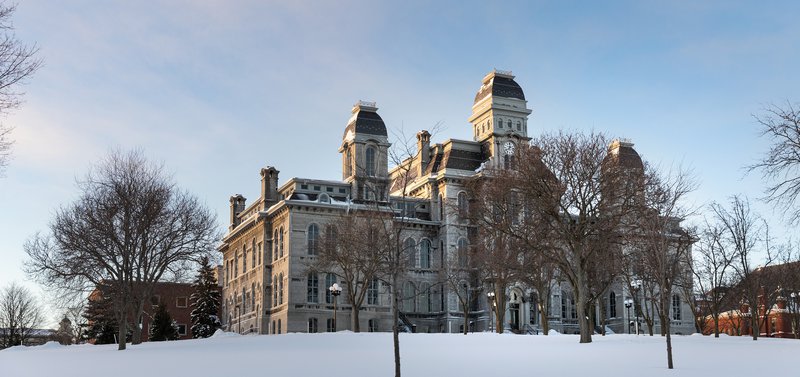
Adding to the 21 hires in Fall 2023, the College of Arts and Sciences welcomes six more new faculty members in Spring 2024. From leaders in STEM who are helping to make the world healthier and more sustainable through cutting-edge research, to humanists whose work in linguistic diversity is contributing to equitable outcomes for all, the new professors in A&S will help students learn and lead with distinction.
A&S Dean Behzad Mortazavi notes that this faculty cohort bring to the College a diverse array of voices whose expertise will increase the breadth and depth of research and scholarship in A&S.
“I am thrilled to welcome these professors to the College this spring,” says Mortazavi. “As leaders in their respective fields, they will help guide and inspire our students to be intellectually fearless and contribute to their fields’ bodies of knowledge.”
Meet the new A&S professors
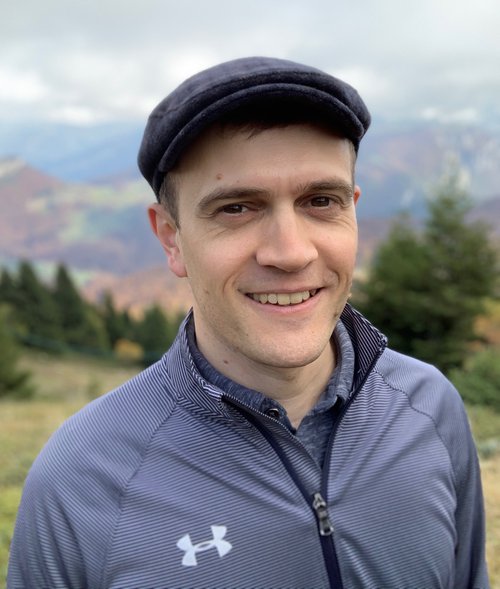
Collin Capano, research associate professor, physics
Capano is an astrophysicist who specializes in gravitational-wave astronomy. Specifically, his research interests include multi-messenger astrophysics, compact-object mergers, testing general relativity, equation of state of dense nuclear matter and statistical methods in astronomy.
“My research is focused on analyzing gravitational waves from black holes and neutron stars,” says Capano, who received both a B.S. (2005) and Ph.D. (2011) in physics from Syracuse University. “Through these observations, I hope to answer fundamental questions about the universe, such as: What happens near a black hole? and what does matter do under extremely high pressures?”
Capano was most recently a facilitator of high-performance computing and a visiting adjunct professor at the University of Massachusetts Dartmouth. Before that, he was a postdoctoral researcher at Max Planck Institute for Gravitational Physics (2014-22) and a research associate at the University of Maryland (2011-14).
Among his awards and honors, Capano was a Founders’ Scholar and recipient of the Martin Luther King Jr. Unsung Hero Award at Syracuse University. He was also a winner of the Special Breakthrough Prize in Fundamental Physics and the Gruber Cosmology Prize in 2016 in recognition of his contributions to the first observation of gravitational waves – a detection announced on February 11, 2016.
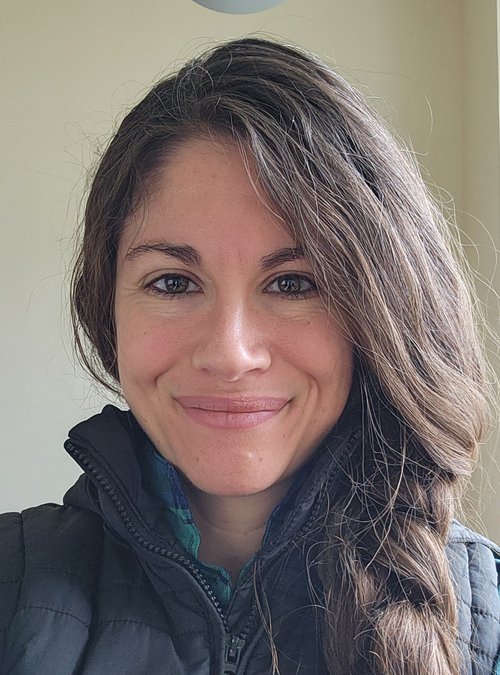
Dana Cusano, research assistant professor, biology
Cusano is a bio-acoustician and behavioral ecologist whose research focuses primarily on the acoustic behavior of marine mammals. In her fieldwork she explores vocal signaling in animals and the link between vocalizations and behavior. Her current research involves studying the acoustic and movement behavior of sei whales, North Atlantic right whales and humpback whales with the use of bio-logging tags. She is a member of the University’s Bioacoustics and Behavioral Ecology Lab, which is led by principal investigator and biology professor Susan Parks.
“My overarching goal is to encourage and mentor the next generation of scientists, with a focus on providing support and guidance to female scientists,” says Cusano.
Cusano was most recently a postdoctoral fellow with the National Marine Sanctuary Foundation and a project scientist with JASCO Applied Sciences, a company which offers scientific consulting services and equipment related to underwater acoustics. Among her awards and honors, she received scholarships from the Australian American Association and the University of Queensland, and a Holsworth Wildlife Research Endowment from the Ecological Society of Australia. Cusano received a Ph.D. from the University of Queensland in 2021 and a Master of Research from the University of St. Andrews in 2010.
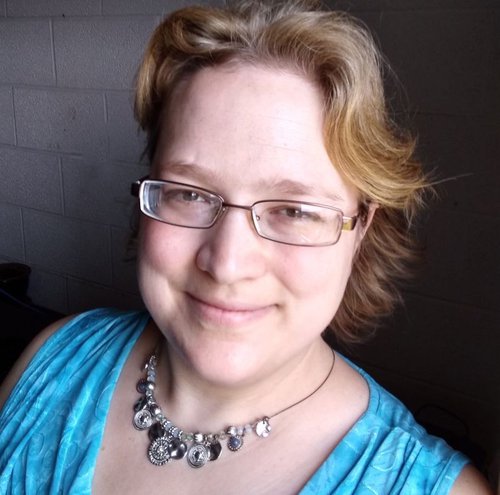
Allison Oakes, assistant teaching professor, biology
Oakes’ research specializes in the use of genetic engineering for native species conservation and restoration. Her recent work has involved adapting established research techniques for the American chestnut and applying them to the American elm, another iconic native tree threatened by exotic (not naturally occurring) pathogens.
“As an educator, I believe that every student deserves respect, grace, and equitable access to the tools they need to succeed,” says Oakes. “I’m excited to join the biotechnology program and use my experience in plant biotechnology research to further my students’ learning.”
Prior to joining A&S’ Department of Biology, she was most recently a research scientist and post-doctoral fellow at SUNY College of Environmental Science and Forestry (SUNY ESF). She also previously served as an adjunct assistant professor at Le Moyne College, a visiting instructor at SUNY ESF and an adjunct professor at Onondaga Community College. Among her awards and honors, Oakes was AT&T Central New York STEM Woman of the Year in 2017. She received a Ph.D. in plant science and biotechnology from SUNY ESF in 2015.
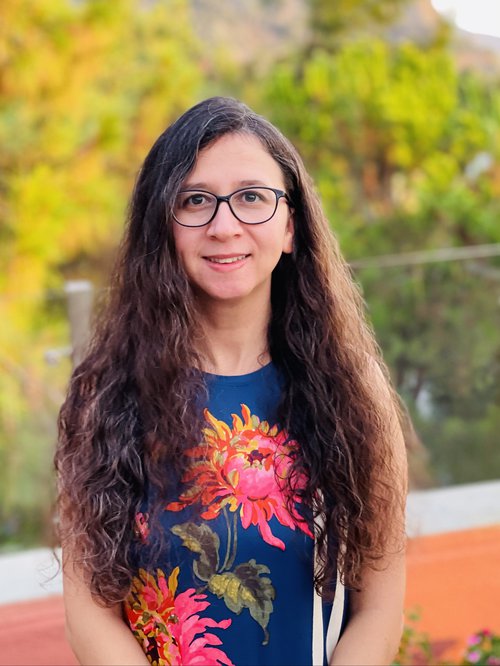
Havva Zorluel Özer, assistant teaching professor, writing studies, rhetoric and composition
Özer’s research looks at linguistic social justice, antiracist literacy education and language ideologies. Her work explores the consequences of standard language cultures (i.e., the ideology that there is a standard language that should be adopted by all). Her research seeks to address linguistic diversity in literacy and language education.
“As a linguistically and culturally diverse transnational teacher-scholar, I have learnt to navigate and negotiate the ‘in-betweenness’ of my literacy and language practices through research and writing,” says Özer. “I now aim to help my students recognize the complexities of their own languaging practices in composition and develop critical language awareness to become more agentive in their rhetorical choices.”
She most recently was an assistant professor of English at Sinop University, Turkey (2021-22) and a teaching associate in the Department of English at Indiana University of Pennsylvania (2019-21), where she received a Ph.D. as a Fulbright Scholar in composition and applied linguistics. Among her awards and honors, Özer was the recipient of an Exemplary Teaching of Literacy and Language Award at Indiana University of Pennsylvania and received the Conference on College Composition & Communication’s Scholars for the Dream Award.
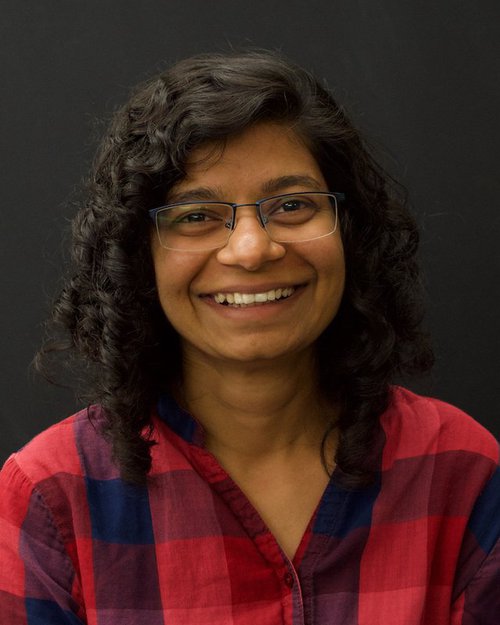
Nidhi Pashine, assistant professor, physics
Pashine is an experimental physicist whose research focuses on mechanical metamaterials (i.e., geometrical structures with unusual physical and mechanical properties). Her areas of interest include the study of disordered systems, understanding memory and training in materials, and creating new kinds of materials with novel functionality.
Pashine, who was named a 2023 Rising Star in Physics by UC Berkeley’s Department of Physics, looks forward to establishing an inclusive research group focusing on soft condensed matter and mechanical metamaterials.
“My goal is for students to develop critical thinking skills and an enthusiasm for scientific discovery both in the classroom and in the research lab,” says Pashine, who recently completed a postdoctoral research appointment at Yale University. “I aspire to cultivate supportive relationships with my students and provide them with knowledge and skills that extend beyond the classroom.”
Pashine received a Ph.D. in physics from the University of Chicago in 2021 and an M.S. in physics from the Indian Institute of Technology Kanpur in 2014. While at the University of Chicago, she was the recipient of a Materials Research Science and Engineering Centers fellowship from the National Science Foundation, the Sachs Fellowship and the Rao Fellowship.
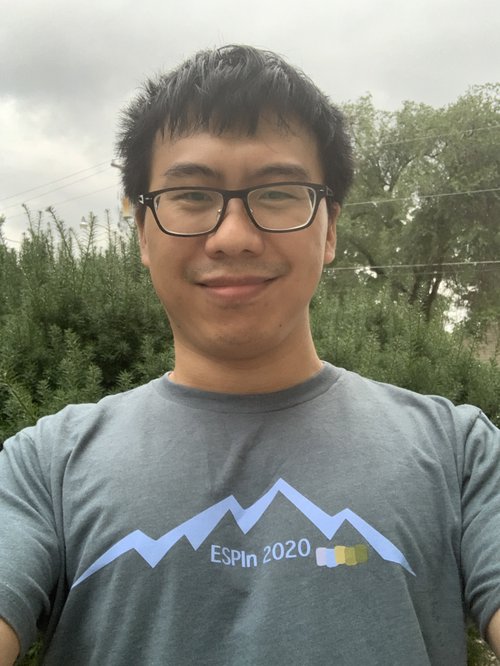
Liang Xue, visiting assistant teaching professor, Earth and environmental sciences
Xue is a geoscientist who recently completed a postdoctoral fellowship in A&S’ Department of Earth and Environmental Sciences. In his research, he explores the long-term integration of landscape, climate and tectonics, as well as short-term changes in surface mass redistribution, which refers to the movement of mass on the Earth’s surface caused by factors such as melting glaciers and water redistribution. Xue is also interested in understanding how changes in landscape affect the diversity and evolution of aquatic species (e.g., fish).
In his work, he employs a range of methods including field-based observation, quantitative analysis of digital topography, remote sensing, landscape evolution models and geodynamic models. His research sites are mostly localized along the East African Rift System.
“I aim to inspire scientific curiosity and the desire to learn through interactive and engaging activities,” says Xue, who received an M.S. degree from Missouri University of Science and Technology and a Ph.D. from Oklahoma State University. “I look forward to using local field examples and my research experiences to support the learning outcomes of my students.”
